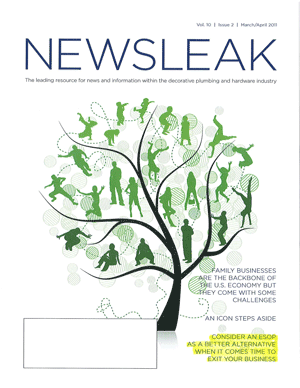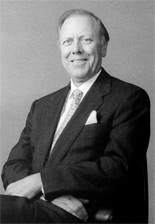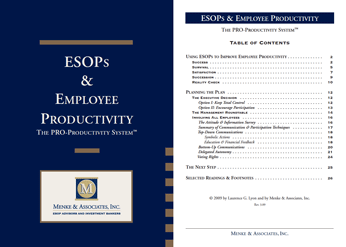Does your ESOP Plan document correctly provide for the ESOP distribution procedures actually used at your company?
By Victor Alam, Esq We recently came across a company whose ESOP distribution procedures prohibited participants from electing a stock distribution. Those plan provisions were in the original plan document when the ESOP plan was first adopted years ago. When the company converted from an S corporation to a C corporation a few years later,…




